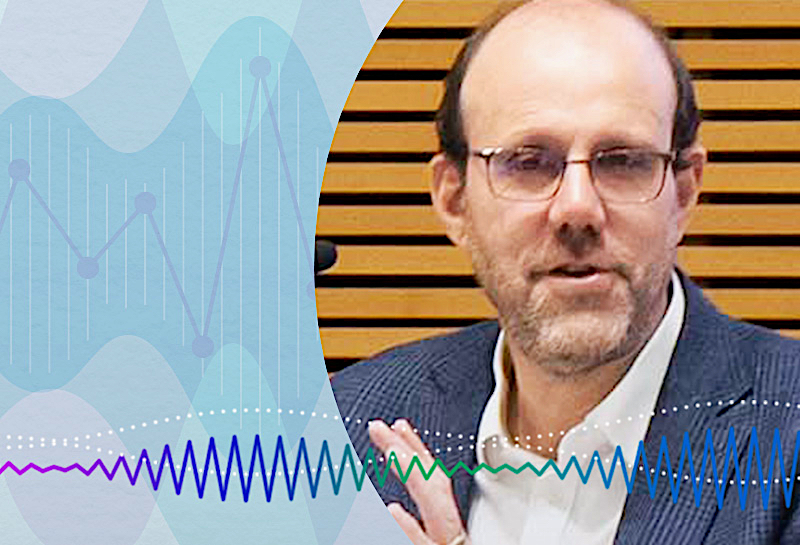
Technology / Technological innovation
Nobel Laureate Michael Kremer says innovation is not only an important driver of economic growth but can help save lives and the planet. (IMF photo)
Innovation is often associated with developments in information and communication technologies, but for economists, innovation is also about developing new business models and new ways for governments to deliver public services like health and education. Michael Kremer is a professor of economics at the University of Chicago and the founder of the Development Innovation Lab. His work on poverty reduction with colleagues Esther Duflo and Abhijit Banerjee won them the Nobel Prize in economics in 2019. In the early 2000s, Kremer helped develop the design of Advance Market Commitment models used to incentivize the private sector to work on issues of relevance for the developing world. Michael Kremer was invited to deliver the IMF Richard Goode Lecture, an annual event to discuss policy issues and debates. In his talk, Kremer says commercial incentives for innovation are not always aligned with social needs, which results in underinvestment in some types of innovation and creates a role for public investment. Transcript

International Monetary Fund
Bruce Edwards produces the IMF podcast program. He's an award-winning audio producer and journalist who's covered armed conflicts, social unrest, and natural disasters from all corners of the world. He believes economists have an important role in solving the world's problems and aspires to showcase their research in every IMF podcast.

Journalist
Rhoda Metcalfe is an independent journalist and audio producer. Her reporting on the armed conflict in Colombia in the late 90s, as well as her work in Egypt, Turkey and South Africa has won several awards. She now produces podcasts and radio features from Washington DC and is a regular contributor to the IMF Podcast program.